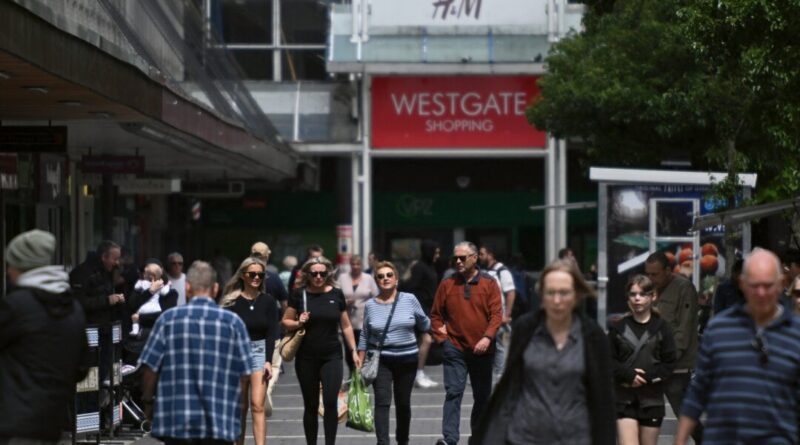Retail and Hospitality Sector on Verge of Facing £2.6 Billion Business Rates Crisis Before Budget Announcement
Campaigners are urging the government to extend the current business rates relief scheme in order to prevent high street closures and job losses.
Tax analysts have warned that retail and hospitality businesses could face a £2.6 billion rise in business rates this coming April.
Until March 31, eligible shops, pubs, and hotels can receive a 75 percent discount on their business rates bills.
However, the Office for Budget Responsibility, the public finances watchdog, has not included any future discounts in its fiscal forecasts.
If the projected inflation rate of 1.9 percent by economists holds, firms in the industry could be facing a total bill of £2.66 billion in business rates.
According to Altus Group, a data firm, the retail, hospitality, and leisure sectors are at a “cliff edge” moment, and Labour needs to extend the scheme in the upcoming October Budget.
The upcoming budget is expected to be “painful,” according to Labour, with a reported “£22 billion black hole” in public finances.
Prime Minister Sir Keir Starmer has stated that all decisions will be made with the goal of economic growth in mind, although the Treasury is anticipated to announce tax changes to increase revenue.
Alex Probyn, president of property tax at Altus Group, said, “Despite the £22 billion ‘black hole’ in the nation’s public finances, the Chancellor must now prevent a cliff edge for the retail, hospitality and leisure sectors at her upcoming Budget whilst also delivering upon Labour’s manifesto commitment to lower the undue burden already placed on our high streets.”
Retail
Business rates are applied to most commercial properties, including shops, offices, pubs, warehouses, factories, holiday rental homes, or guest houses. Even if a property is vacant, in most cases there is still a charge.
The British Retail Consortium (BRC) has raised concerns that the high business rates burden hinders growth in the retail sector and limits investment capacity.
In the past five years, 6,000 UK shops have closed, with business rates cited as a factor in two-thirds of these closures.
According to BRC data, retail contributes 7.4 percent of all business taxes (£33 billion), which is 1.5 times more than its share of the overall economy (5 percent of GDP). Of this tax bill, 11 percent comes from business rates, the highest of any business sector.
BRC Chief Executive Helen Dickinson has called on the government to introduce a 20 percent Retail Rates Corrector, an adjustment in business rates for retail properties, to stimulate investment nationwide. Over 70 retail CEOs have written to Chancellor Rachel Reeves urging for the implementation of the corrector.
Retailers are eagerly awaiting the Autumn Statement as it arrives during a crucial “golden quarter” period for the sector, characterized by significant sales spikes in the months leading up to Christmas.
Pubs
The British Beer and Pub Association (BBPA) has cautioned that the sector is unfairly burdened by business rates.
The BBPA is pushing for an extension of the current 75 percent business rates relief, which has helped many pubs avoid permanent closure.
In a letter signed by 80 industry figures, the BBPA informed Reeves, “This is an historic low and the industry simply cannot afford other costs, let alone tax increases. Put plainly, for thousands of pubs and brewers across the country there is nothing left to give.”
With 50 pubs closing each month in England and Wales, the BBPA warns that failure to take action by the government will lead to widespread closures and job losses in the local area.
While Labour pledged to reform the business rates system in its pre-election manifesto, no changes have been announced since taking office.
PA Media contributed to this report.





